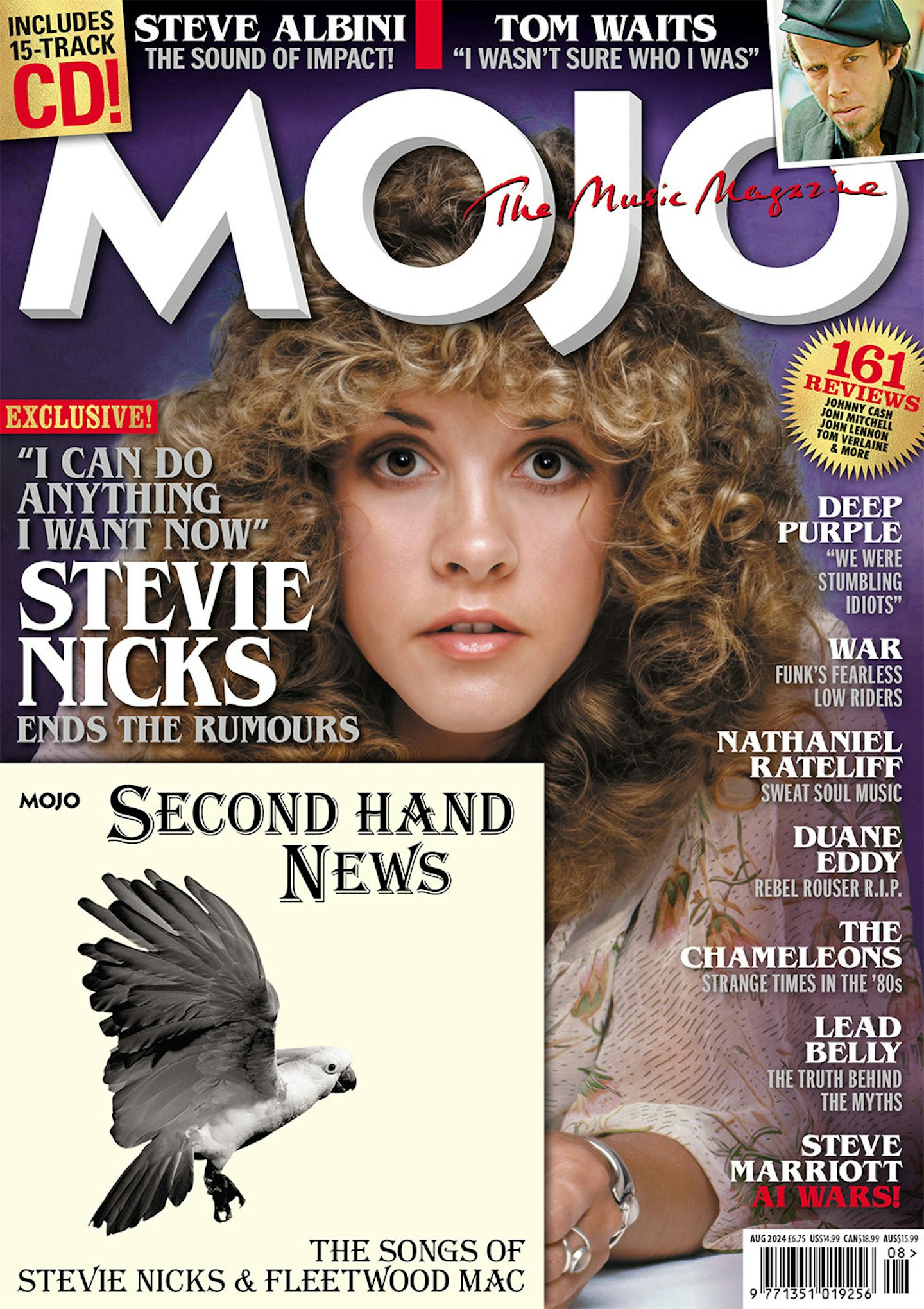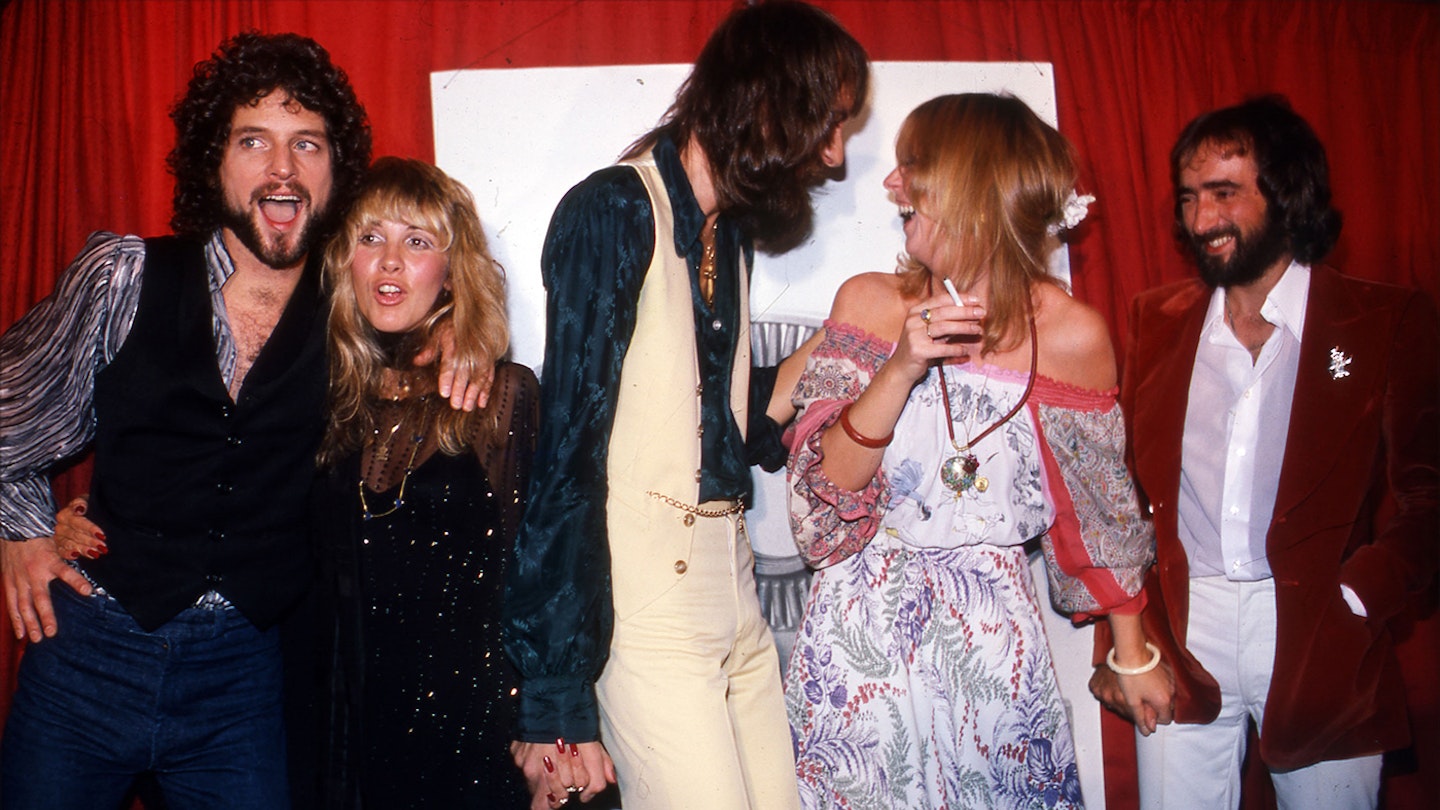Metamorphoses don’t come more dramatic than that of Fleetwood Mac. Initially led by troubled, Bethnal Green-born guitar magus Peter Green – “the blues was too deep…it ended up hurting my soul”, he told MOJO in 1996 – they were arguably the most arresting act of the late ‘60s British Blues boom. By 1977’s Rumours, though, they were a polished Anglo-American chart colossus, whose equally stirring songs took months rather than minutes to nail.
-
READ MORE: Stevie Nicks: “Without Christine there is no chance of putting Fleetwood Mac back together.”
Line-up wise, the thread that bound was Mick Fleetwood and John McVie, happenstance - then later wily - trustees of the moniker that the self-effacing Green concocted from their surnames. What other rhythm-section has such titular power? Okay, Sly & Robbie, but there is no Mullen Clayton…
As well as music, theirs is a name synonymous with acid burnout, messy affairs and cocaine-addled excess. Everybody knows Green’s transcendent guitar instrumental Albatross, and the Stevie Nicks-penned US Number 1 Dreams, but countless other delights lie in store for the patient peruser of the group’s 18 or so studio albums and numerous solo ventures.
Taken en masse, Fleetwood Mac’s oeuvre can still enchant purists, pop fans and stars alike, with artists from Taylor Swift to Fleet Foxes still audibly in thrall to the group. Following Lindsey Buckingham’s departure from the band and the sad passing of Christine McVie in 2022, it felt unlikely that the band would make another album, something which Nicks confirmed in no uncertain terms recently to MOJO. If it really is over, then, MOJO has taken a look back at every album the band have made. Solo efforts such as Nicks' Bella Donna, Buckingham’s Out Of The Cradle or Christine McVie’s 1970 solo debut Christine Perfect could have found commendable placing here, but we decided instead to focuses on the singular magic of group and intra-band efforts only. Enjoy...
20.
Fleetwood Mac
Time
WARNER BROS, 1995
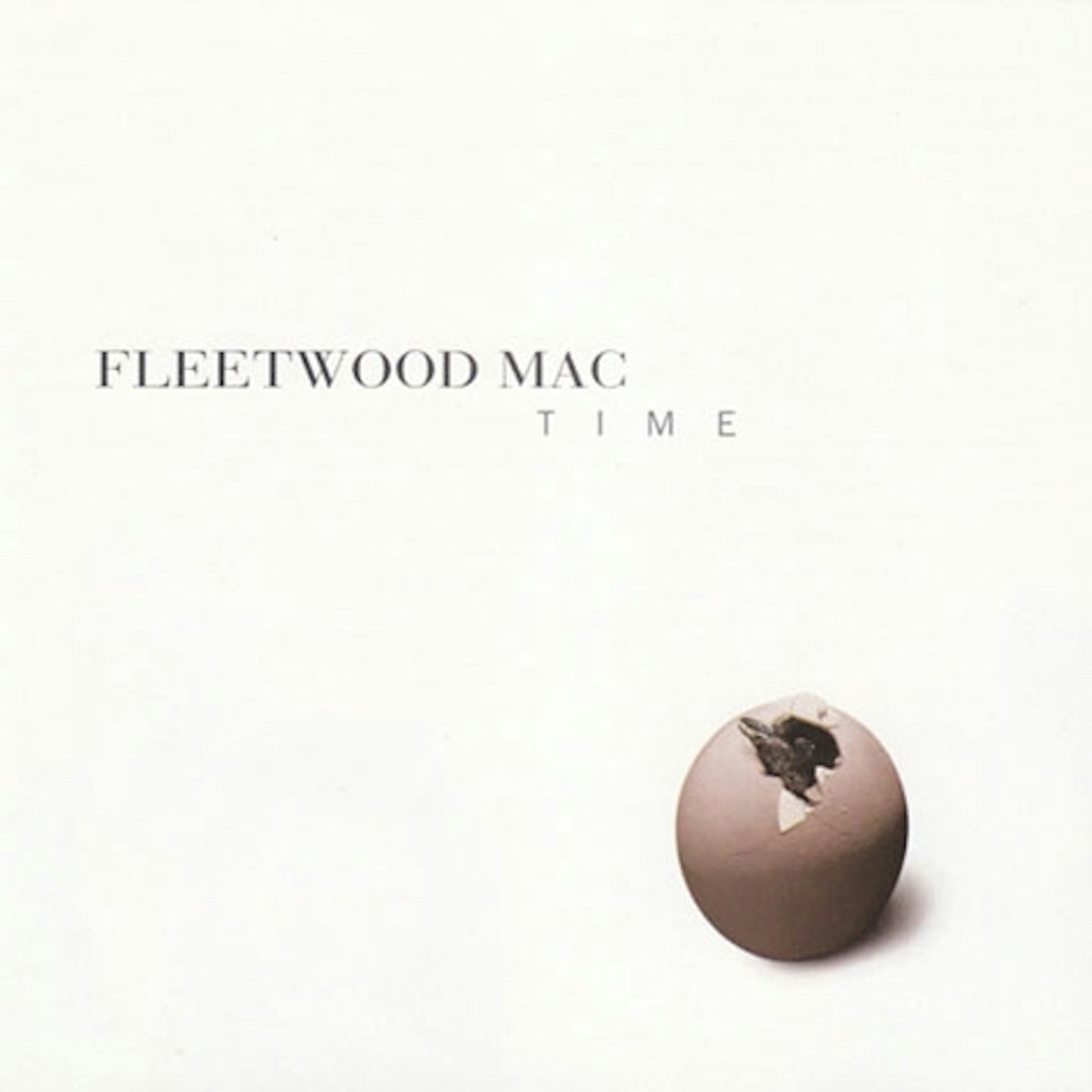
By now the absence/almost random replacement of key personnel was such that it was a stretch to call Time a Fleetwood Mac LP, the group hemorrhaging identity. Nicks had left acrimoniously, and Mick Fleetwood recruited country singer Beka Bramlett (the daughter of famed duo Delaney & Bonnie Bramlett) and Traffic’s Dave Mason, gifted-but-ill-fitting jigsaw pieces both. Though atmospheric, overtly country-sounding opener Talkin’ To My Heart is actually rather good, it’s diminishing returns thereafter - all the way to the appositely titled, Mick Fleetwood-voiced curio Strange Times. Nor did it help that Christine McVie and Dave Mason didn’t get on. Don’t remember them this way.
19.
Fleetwood Mac
Heroes Are Hard To Find
REPRISE, 1974
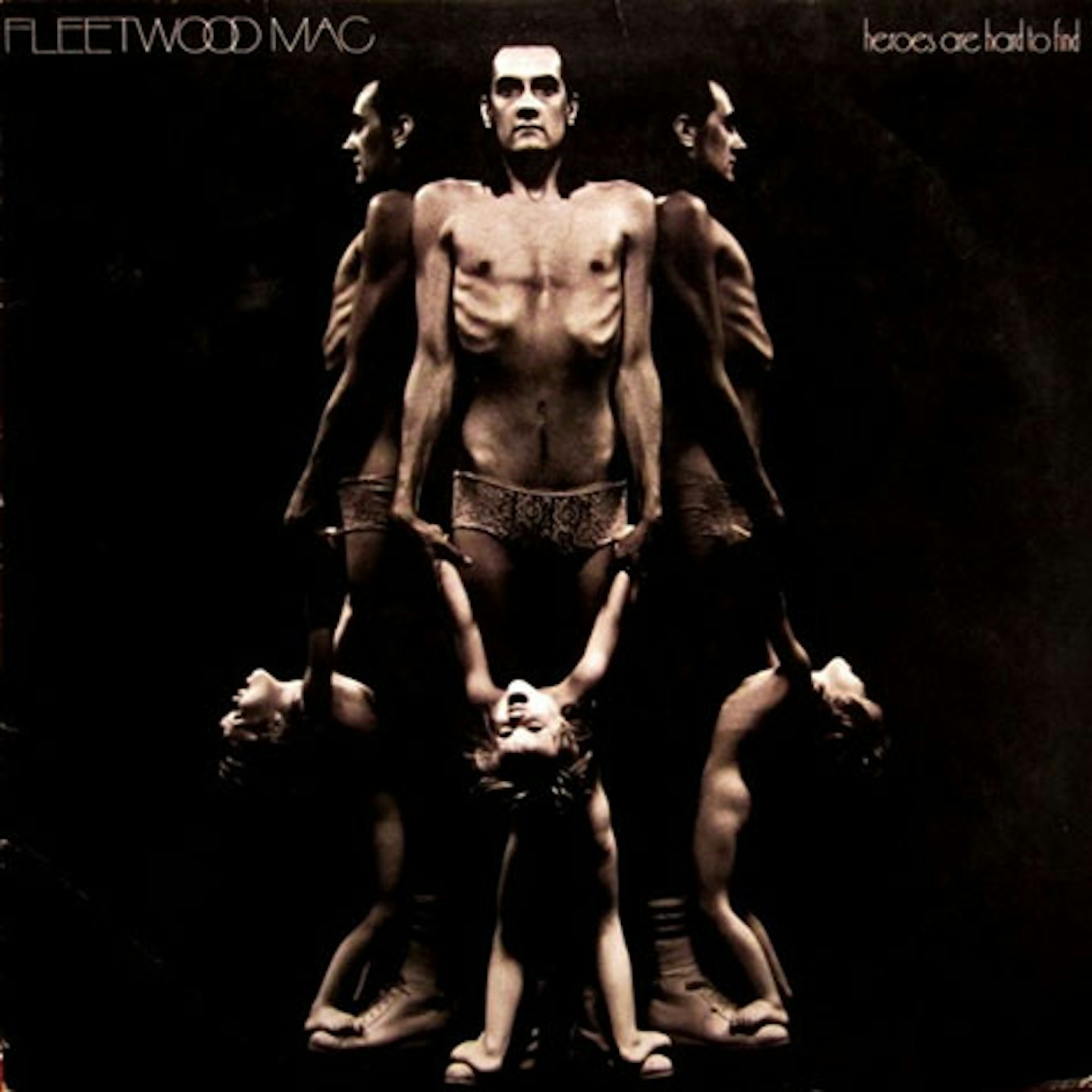
Contesting ownership of the Fleetwood Mac name with their former manager Clifford Davis - bizarrely, he’d drafted a counterfeit line-up to fulfil outstanding tour dates in the wake of Bob Weston’s sacking - the band moved to Los Angeles and began managing themselves. Bob Welch, now the band’s lone guitarist, penned the lion’s share of HAHTF, his busy last hurrah with the Mac. A somewhat de-fanged record with superflous horns, it had quality in the shape of its swampy, funky title track and gossamer Christine McVie ballad, Prove Your Love. Overall, though, the Mac sounded tired; ready for the new-blood makeover that Stevie Nicks and Lindsey Buckingham would very soon provide.
18.
Fleetwood Mac
Behind The Mask
WARNER BROS, 1990
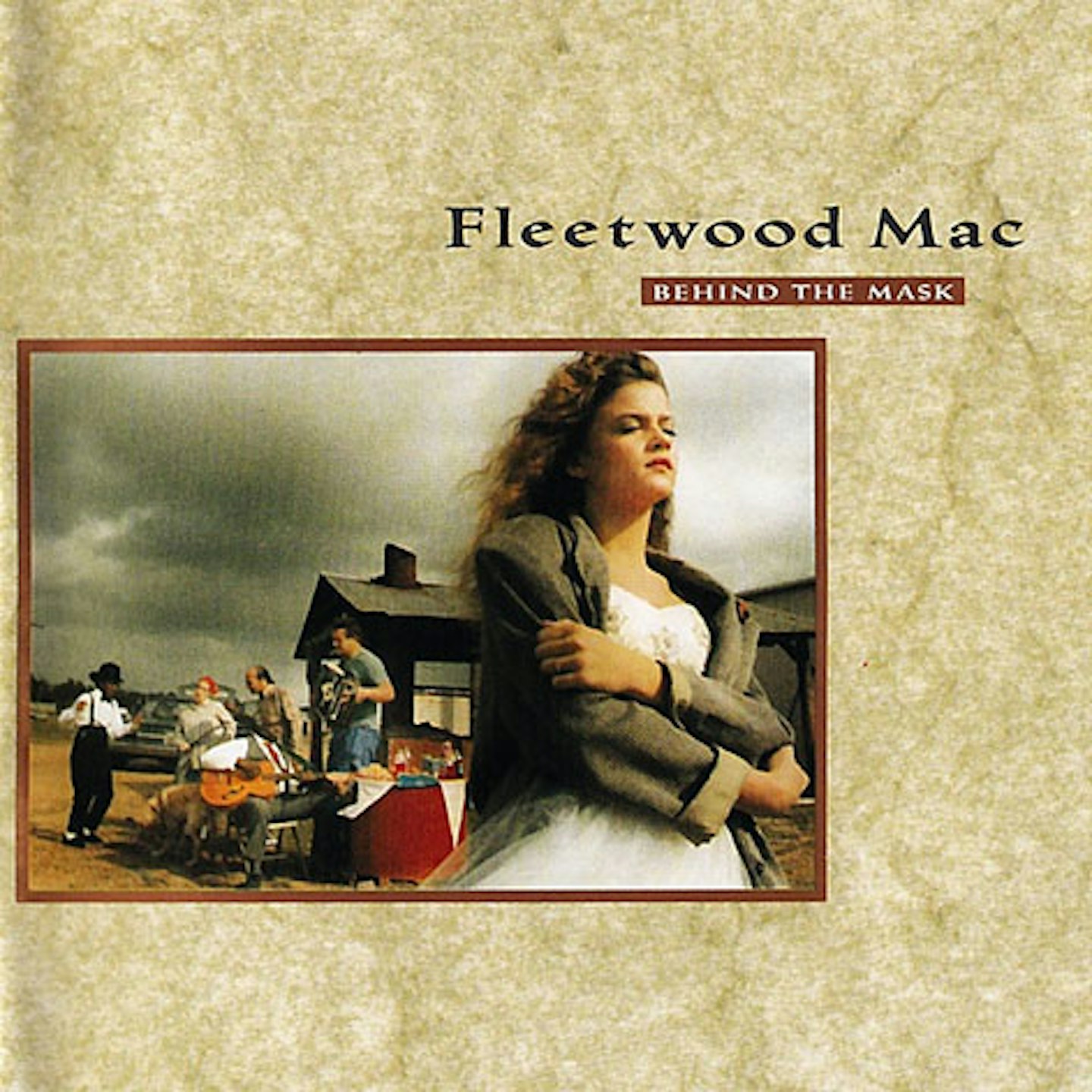
Citing likely internal friction on 1987-88’s Shake The Cage tour, Lindsey Buckingham had quit, forcing another re-boot. Guitarists/songwriters Billy Burnette and Rick Vito were duly recruited to fulfil live, then studio duties, but Behind The Mask feels jaded; half-baked. Though Christine McVie’s Save Me demonstrates a degree a failsafe pop nous and Nicks’s Byrds-via-Tom-Petty & The Heartbreakers-like Affairs Of The Heart is decent, The Mac entered the ‘90s sans a Top Twenty hit single and declined to appear on their 15th LP’s front cover. “Touring Behind The Mask it soon became clear it wasn’t a blockbuster record”, Rick Vito told this writer in 2019.
17.
Fleetwood Mac
Penguin
REPRISE, 1973
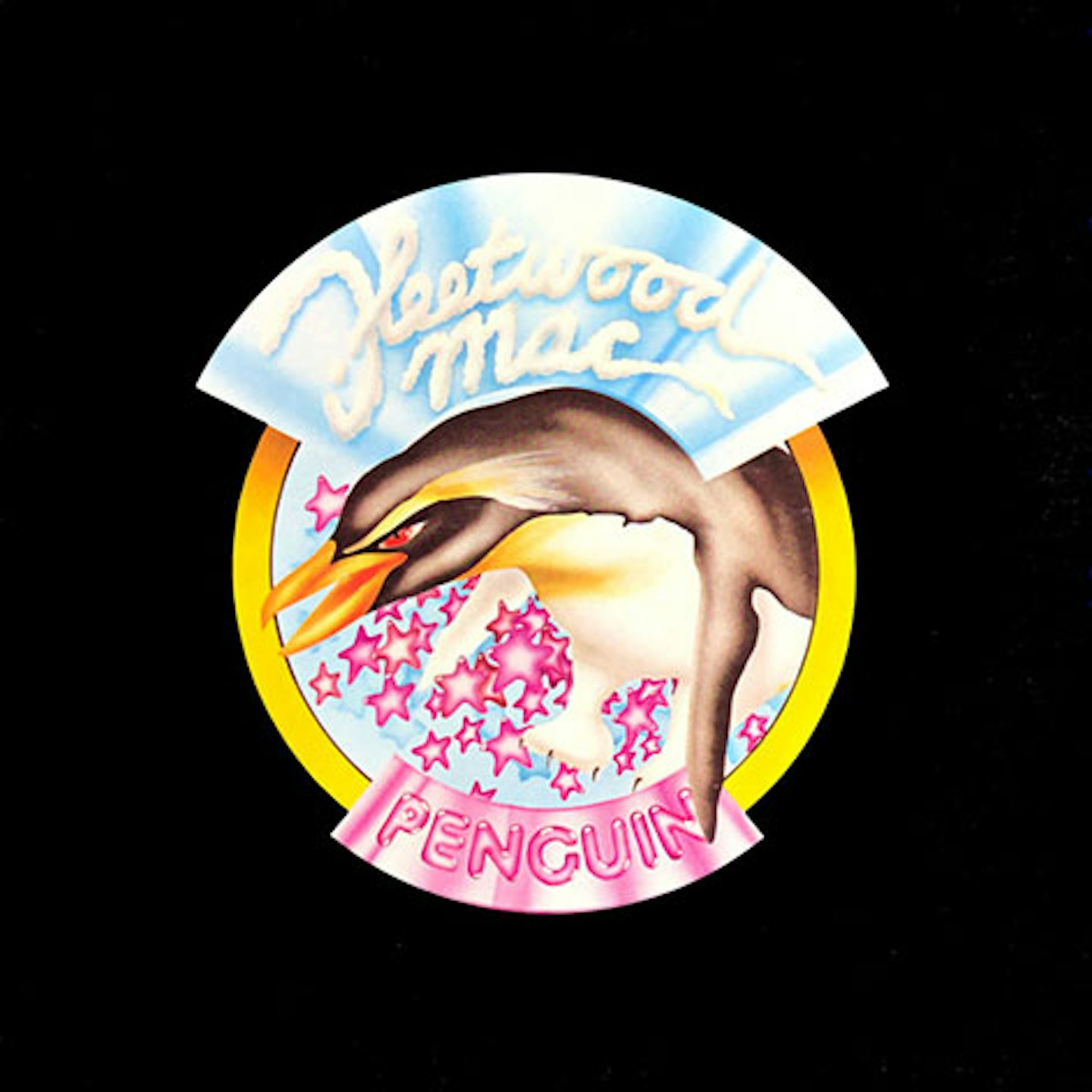
Penguin: a flightless bird. Fleetwood Mac: grounded after losing three lead-guitarists in two years. After Danny Kirwan’s acrimonious exit, Mick Fleetwood doubled-down on recruitment, drafting former Graham Bond foil Bob Weston on guitar alongside Bob Welch, plus former Savoy Brown singer Dave Walker. It was Christine McVie’s growing pop sensibility, though, which shone on the proto-Rumours-esque Remember Me and sunny Weston co-write Did You Ever Love Me, though the latter’s prominent steel drums cemented the sense of Penguin as outlier. Appearing on just two songs - Holland, Dozier, Holland’s (I’m A) Road Runner and his own, skiffle-ish The Derelict - Dave Walker soon left by mutual consent.
16.
Fleetwood Mac
Mr Wonderful
BLUE HORIZON, 1968
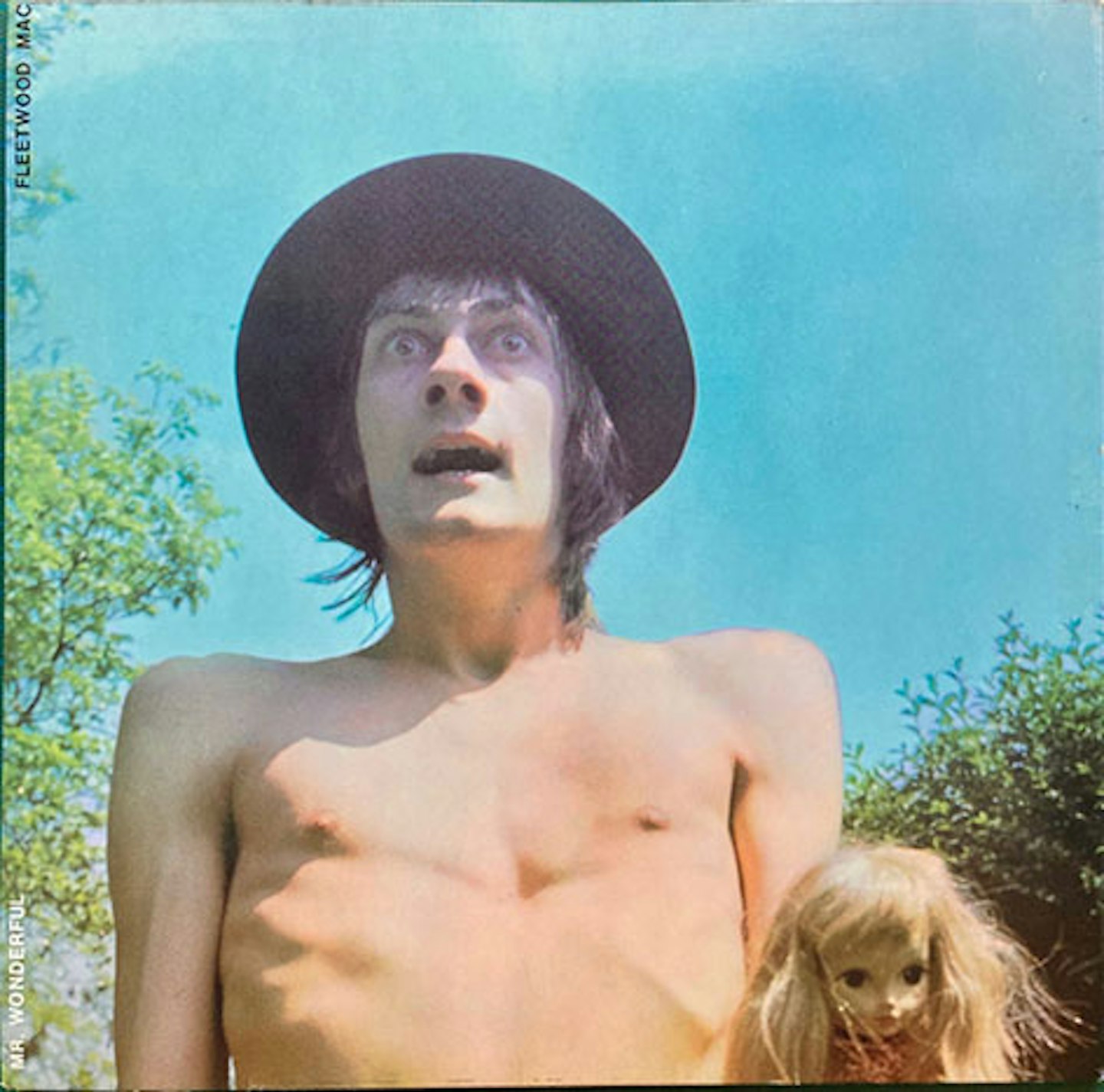
Overkill to describe any Peter Green-helmed record as a misfire, but Mr Wonderful - working title Udder Sucker - was your textbook tricky second album. Jeremy Spencer’s clear debt to Elmore James feels somewhat unpaid inspiration-wise (I’ve Lost My Baby), and while Green’s wounded waltz Love That Burns is magnificent, much of Mr. Wonderful lacks the extraordinary spark that would soon ignite stand-alone singles Albatross and Man Of The World. There’s no Danny Kirwan yet, either, and the Stax-inspired brass section doesn’t really fly. Still, an important and fecund seed was planted: that’s then Chicken Shack keyboardist Christine Perfect, later Christine McVie, honky-tonking on Lazy Poker Blues.
15.
Fleetwood Mac
Mirage
WARNER BROS, 1982
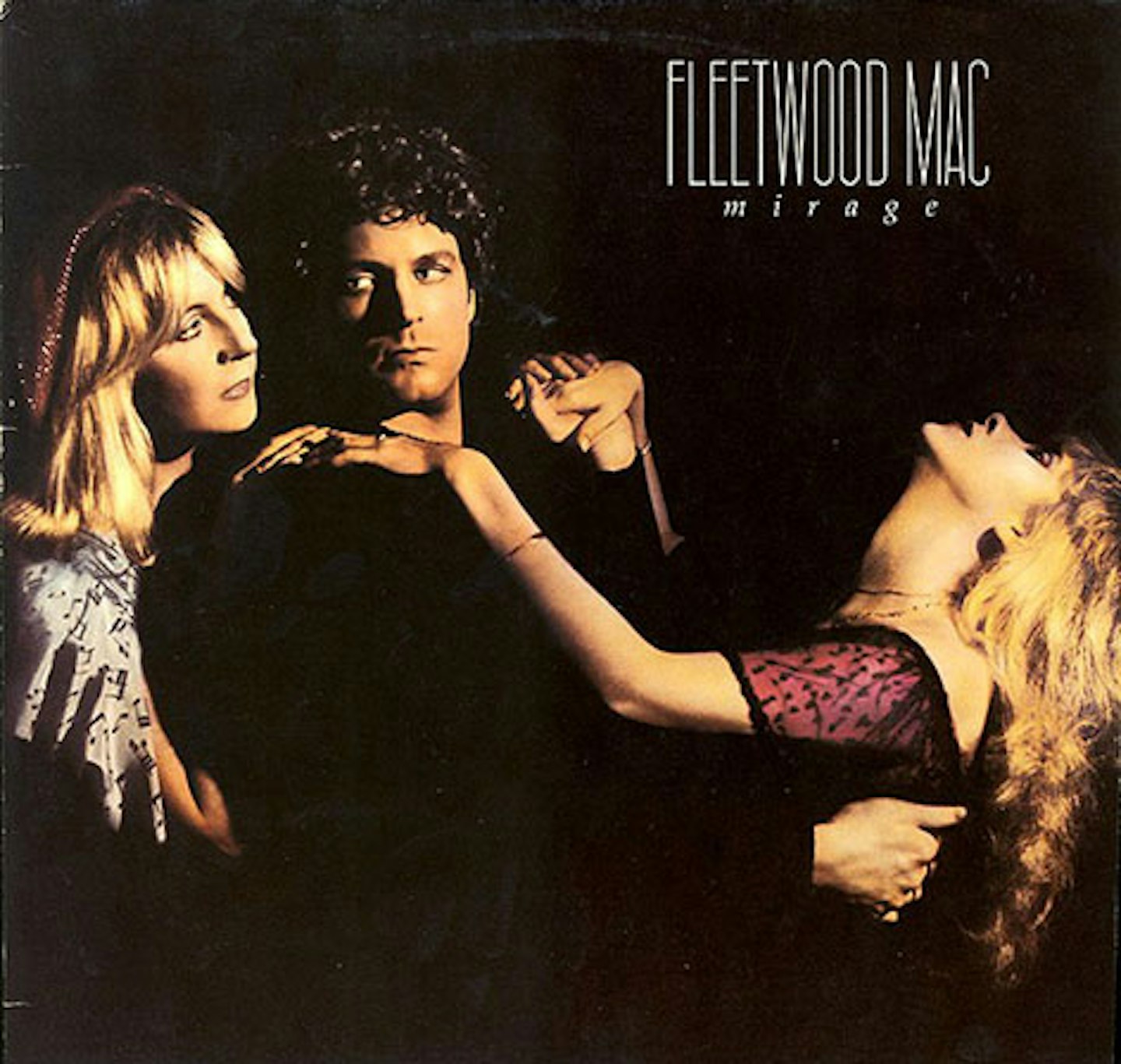
“Stevie’s songs are like her babies to her, even although some of them are rubbish”, claimed Christine McVie circa Mirage. A rare note of sisterly discord, certainly, but Nicks’ US Number 1 debut Bella Donna had siphoned-off her best material and leached time/energy from the mothership. Buckingham saw Mirage as a halfway house between Tusk’s experimentalism and Rumours’ commercialism, but it steered - or tried to - closer to the latter, Straight Back and Only Over You seemingly chasing the spacious buoyancy of Nicks’ Mac song par excellence, Dreams. Like Tusk, Mirage was very much Buckingham’s baby as he tapped ‘50s influences (Oh Diane; Book Of Love). Nicks’ Gypsy, meanwhile, feels like the prototype for Tango In The Night’s world-beating, synth-rich AOR.
14.
Lindsey Buckingham Christine McVie
Lindsey Buckingham Christine McVie
ATLANTIC/EAST WEST, 2017
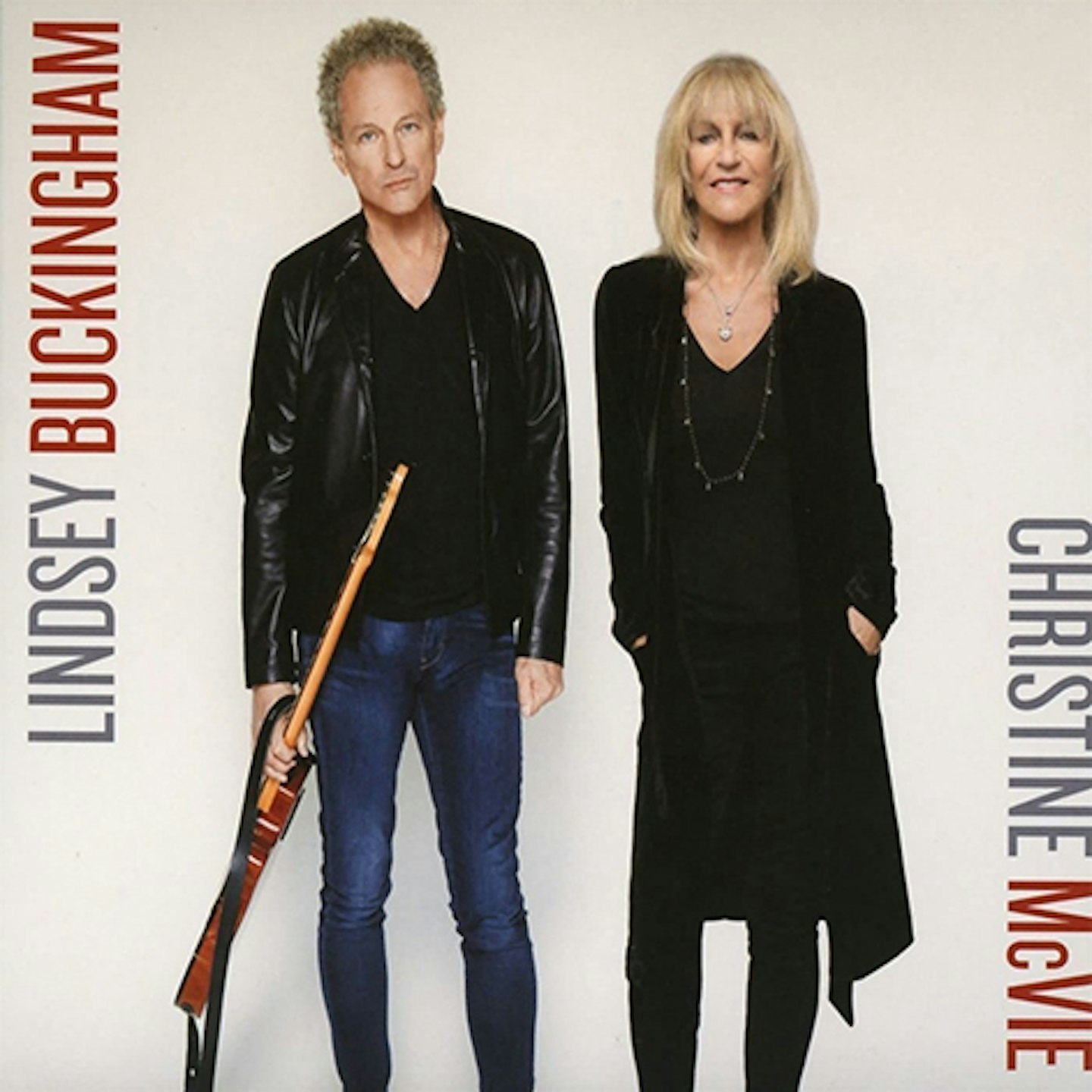
Despite its title, 2017's Lindsey Buckingham Christine McVie is a Fleetwood Mac album but for one very key missing ingredient. Not long after Christine McVie re-joined Fleetwood Mac in 2014, she and Lindsey Buckingham revisited the LA studios where the group had recorded Tusk to work on new material. Mick Fleetwood and John McVie joined the sessions and within a few months they had the bones of what looked like the next Fleetwood Mac album. However, when Stevie Nicks declined to contribute, Buckingham and McVie stuck it out under their own banner instead. With the joyous, Everywhere-like bounce of McVie’s Feel About You and Buckingham’s paranoid-sounding In My World standing up next to some of the band’s best songs, this would have made for a fine swan song.
13.
Fleetwood Mac
Kiln House
REPRISE, 1970
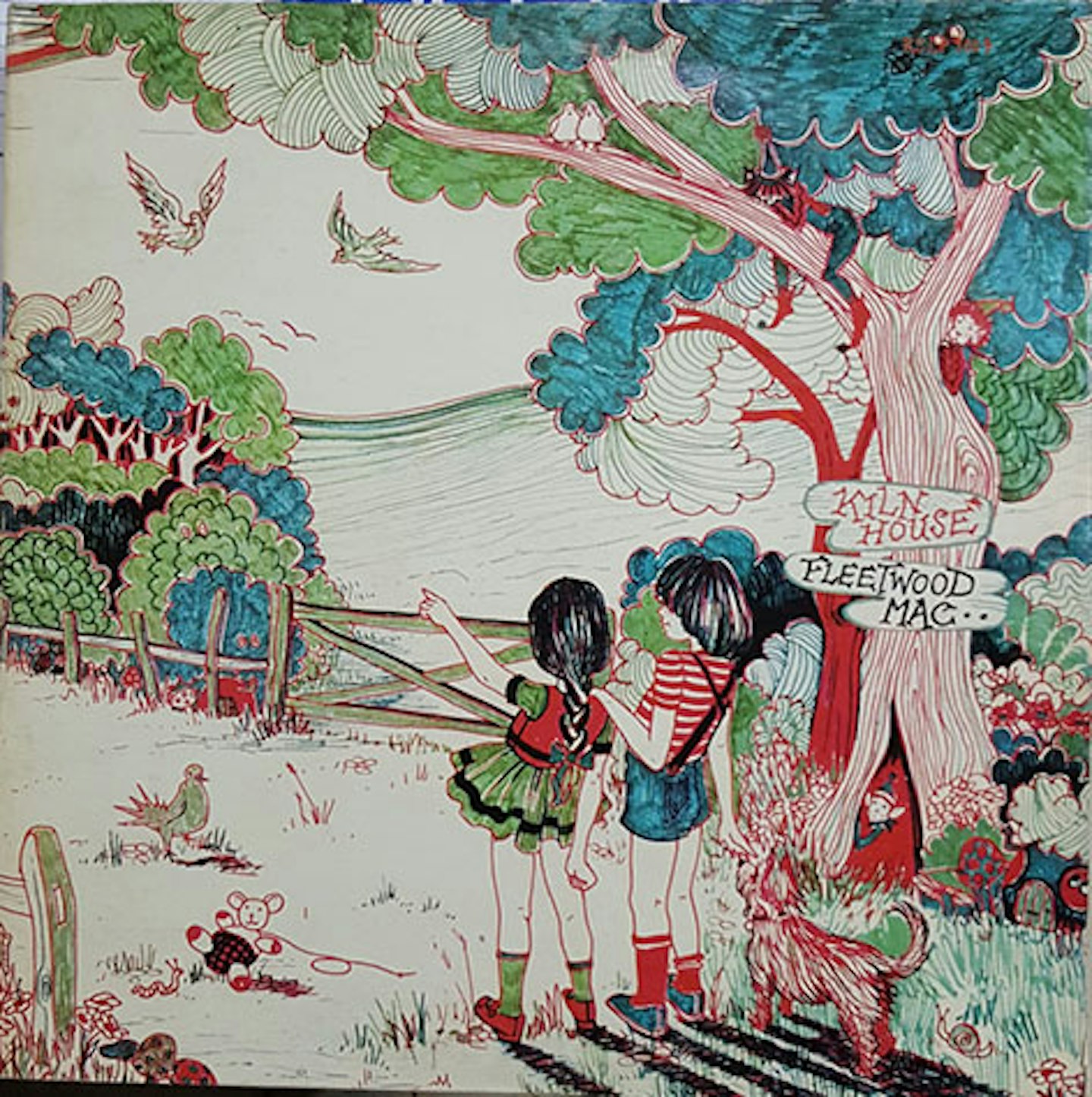
Named for the communally-inhabited Hampshire oasthouse the Mac leased while getting it together in the country, Kiln House saw Danny Kirwan and Jeremy Spencer grab songwriting reins in the wake of Peter Green’s tragic, acid-debilitated departure. Spencer tapped rockabilly (This Is The Rock; Buddy’s Song) and waltz-time country (Blood On The Floor), but the Kirwan-sung Station Man and Jewel-Eyed Judy are Kiln’s big-hitters, the latter a poppier outing inspired by the band’s then secretary, Judy Wong. Mac’s 5th LP also featured Christine McVie, mysteriously uncredited despite her Wurlitzer, piano and bv’s on Station Man. The cover drawing was Christine’s too: a fairytale sketch of the Kiln House idyll.
12.
Fleetwood Mac
Say You Will
REPRISE, 2003
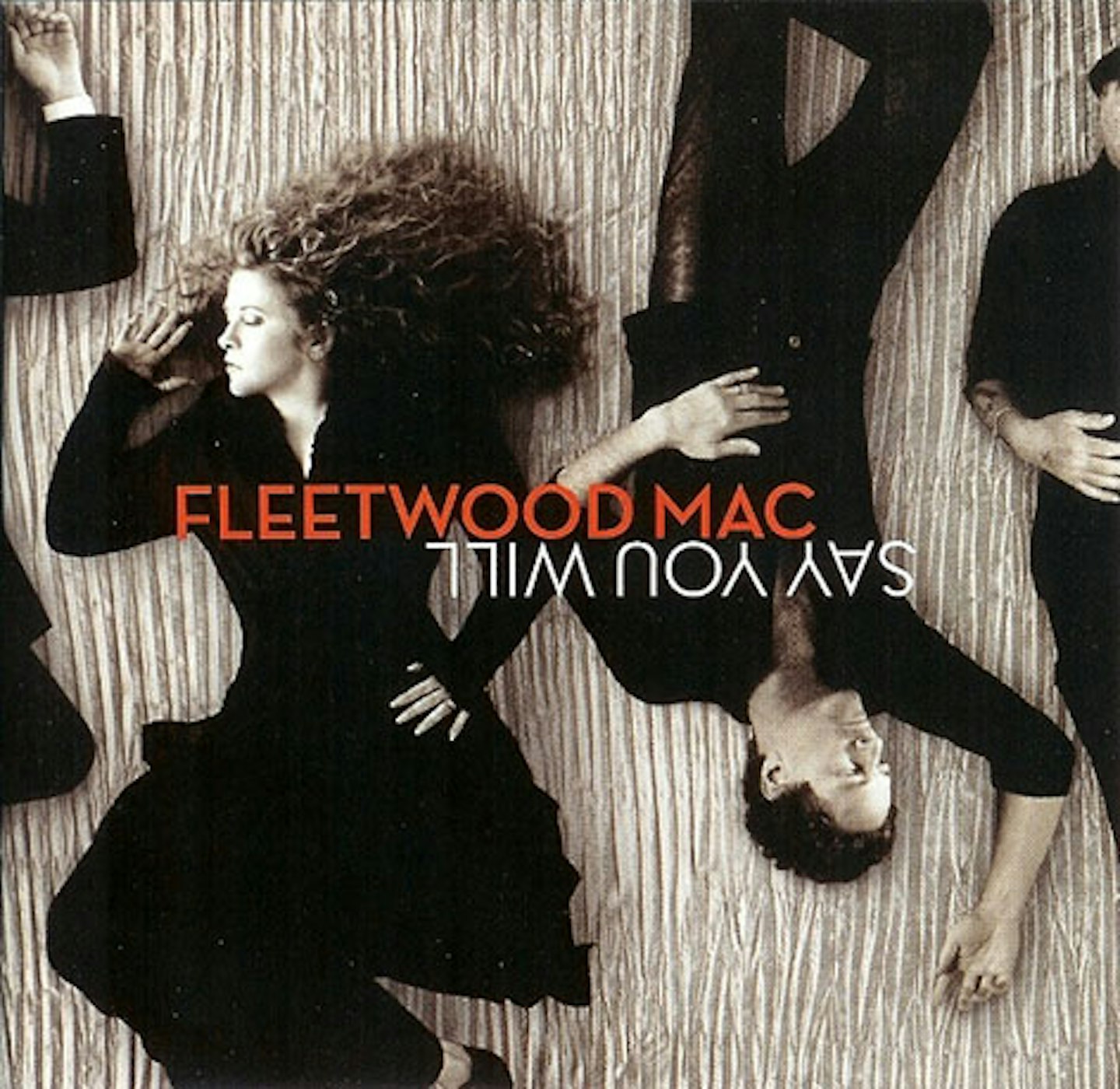
The endgame of cautious rapprochement after the Rumours line up reformed for an MTV Unplugged performance released as 1997 live set LP The Dance, Fleetwood Mac’s final studio LP to date was redemptive; a Top Ten smash both sides of the pond. Citing fear of flying, Christine McVie quit after The Dance, but Say You Will’s 18 scrupulously-apportioned songs - nine by Nicks, nine by Buckingham - marked the Mac’s best material in years. Peacekeeper and Murrow Turning Over In His Grave had lyrical bite, while Thrown Down found Nicks raking the still smouldering coals of she and Buckingham’s tempestuous past. A rewarding season finale, the venerable Fleetwood/John McVie rhythm-section still steadfast as Buckingham restores edge and invention.
11.
Fleetwood Mac
Mystery To Me
REPRISE, 1973
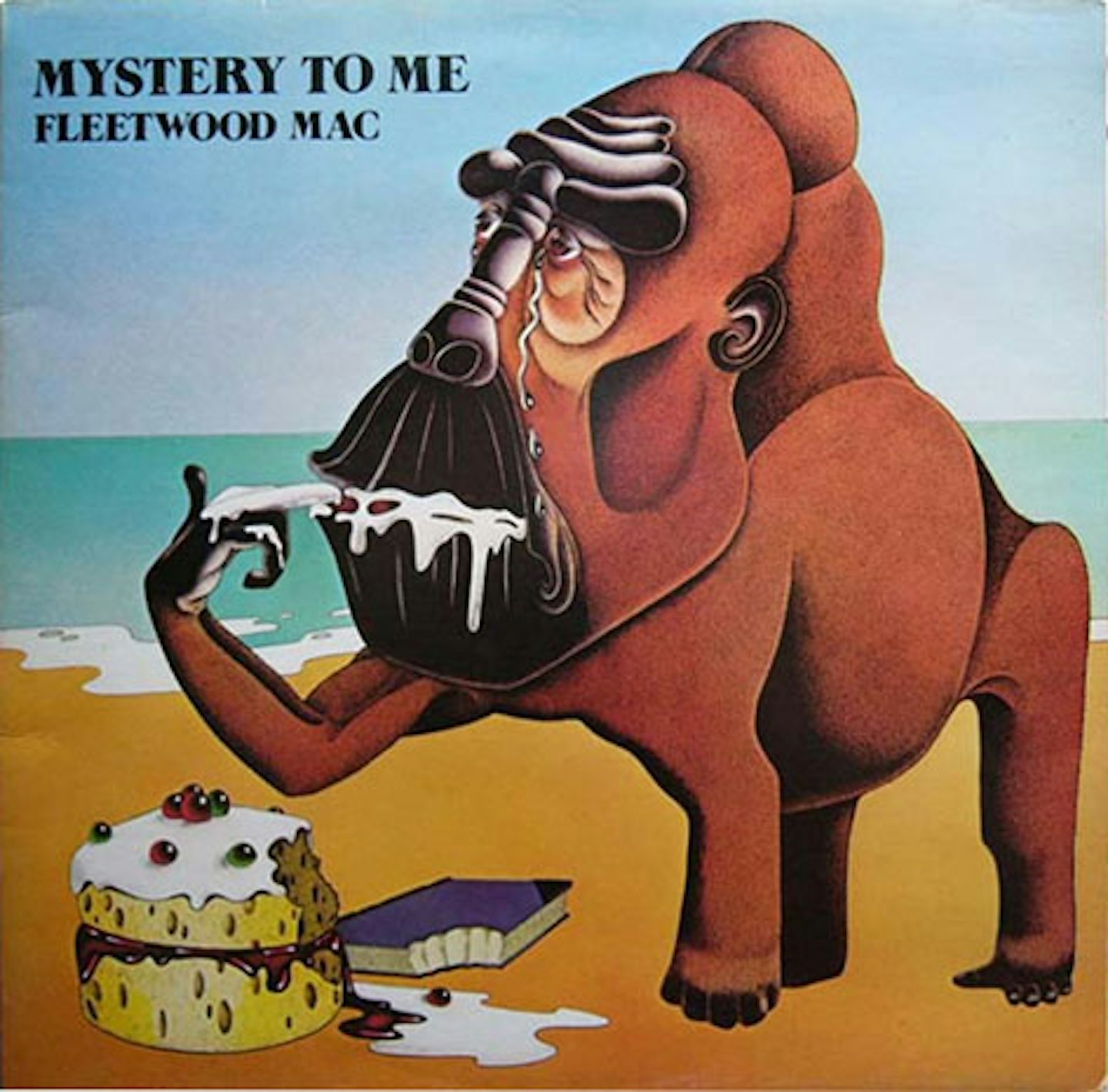
The last FM album recorded on UK soil brought The Rolling Stones Mobile rig back to Fleetwood Mac’s Hampshire mansion Benifold á la Penguin. Something of a unsung gem in the band’s back catalogue, Mystery To Me was Bob Welch’s finest hour thanks to the poised, proggy opener Emerald Eyes and his hallucinatory career-best, Hypnotized. Part-influenced by Carlos Castaneda’s writings on astral travel, the latter would graced Mac live sets for years to come. Two weeks into the Mystery To Me US Tour, Mick Fleetwood learned wife Jenny Boyd was having an affair with the band’s other guitarist, Bob Weston, and Bob got the boot. Clearly, the Mac soap-opera didn’t start with Rumours.
10.
Fleetwood Mac
Fleetwood Mac In Chicago
BLUE HORIZON, 1969
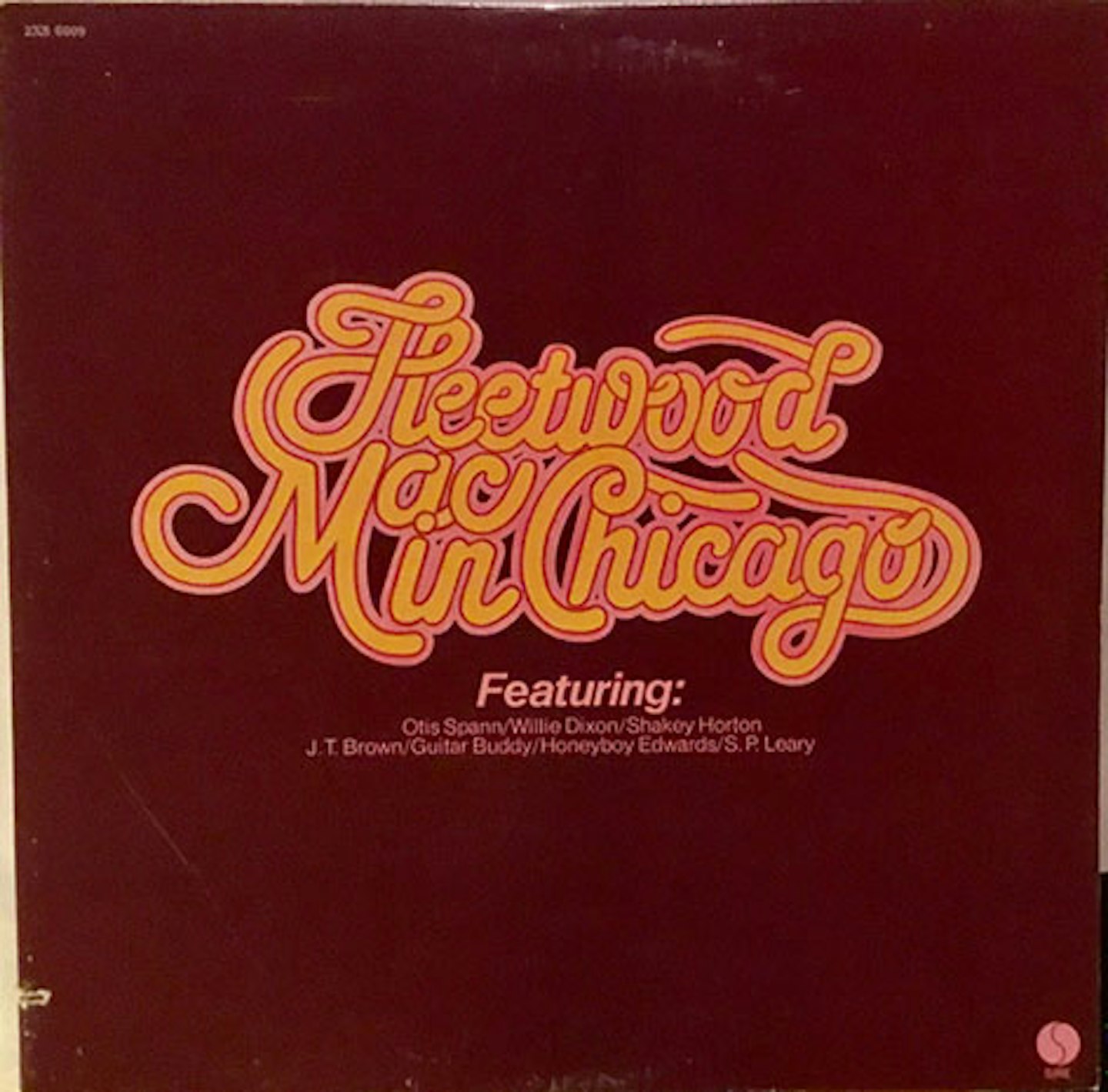
By January 1969, Fleetwood Mac’s blues credentials were such that recording a double album of standards at Chicago’s Chess Ter-Mar studio with the likes of Buddy Guy and pianist extraordinaire Otis Spann was go. Green’s raw, honeyed vocals on Howlin’ Wolf’s Sugar Mama and Little Walter Jacobs’ Last Night drip with empathy and affection, while Shakey Horton blows smouldering harmonica throughout. An extraordinary, rough-hewn time-capsule recorded in a day and lovingly coaxed via talkback mic by producers Mike Vernon and Marshall Chess, …In Chicago sees The Brit Blues Boom give something back. Oh, to have borne witness!
9.
Buckingham Nicks
Buckingham Nicks
POLYDOR 1973
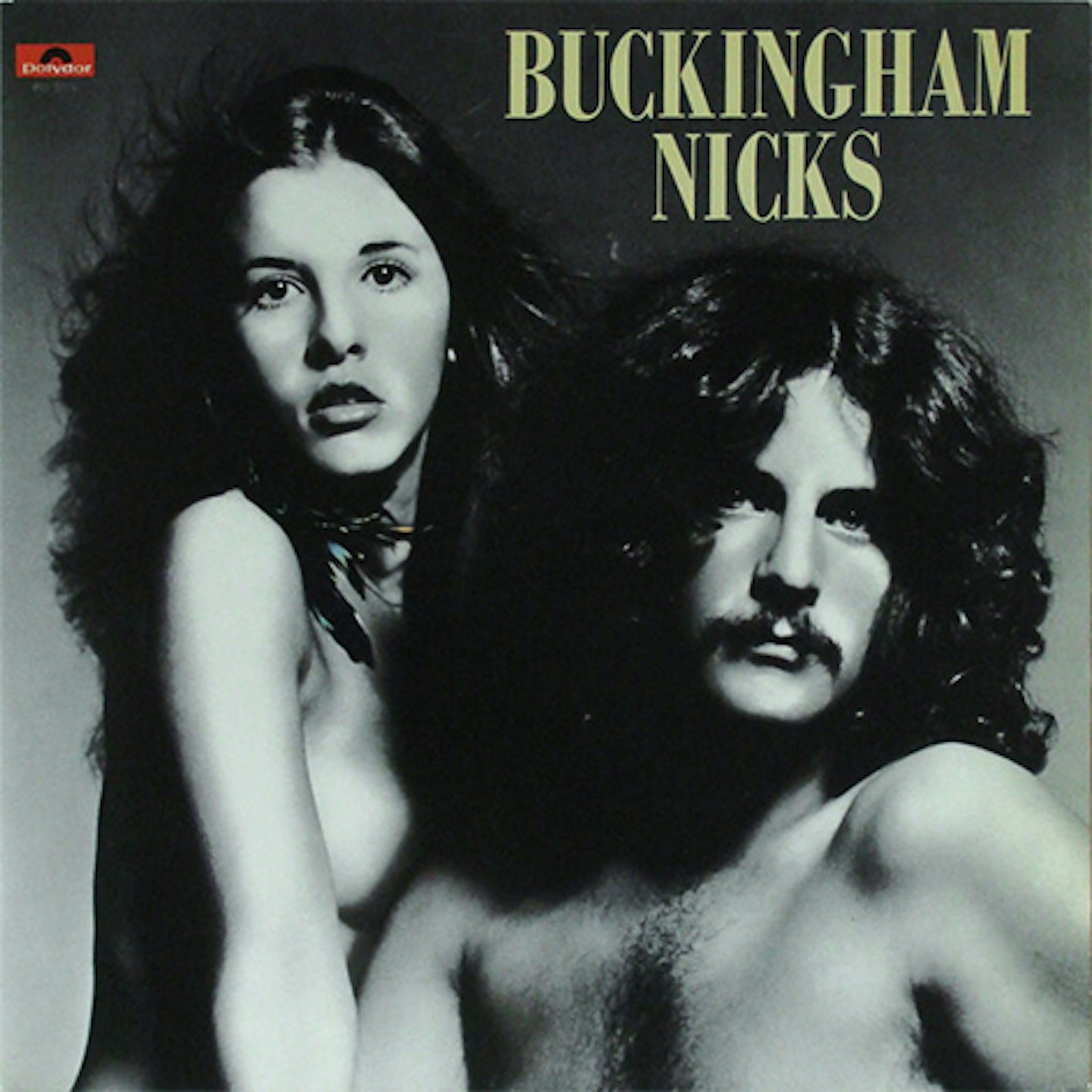
Again, not technically a Fleetwood Mac album, but the combined talents of Stevie Nicks and Lindsey Buckingham are as central to Fleetwood Mac's story as Peter Green, if not more so. It was of course the chance discovery of the pair's first album that led Mick Fleetwood to invite Buckingham - and on Buckingham’s insistence, Nicks - to join the band, and while Buckingham Nicks has yet to be released on CD, fleeting vinyl re-releases in 1976 and 1982 show just what caught Fleetwood’s attention. Standouts such as Crying In The Night and Frozen Love showcase a fully formed Californian soft-rock sound that was clearly the template for 1975’s Fleetwood Mac, and not for nothing was Buckingham Nicks’s assistant engineer Richard Dashut a drafted co-producer on Rumours and Tusk. The superb, cleverly modulating Long Distance Winner cements the view that BN is way more than juvenilia, but few folks got the record at the time. When Buckingham took that all-important call, Nicks was working as a cleaner.
8.
Fleetwood Mac
Bare Trees
REPRISE 1972
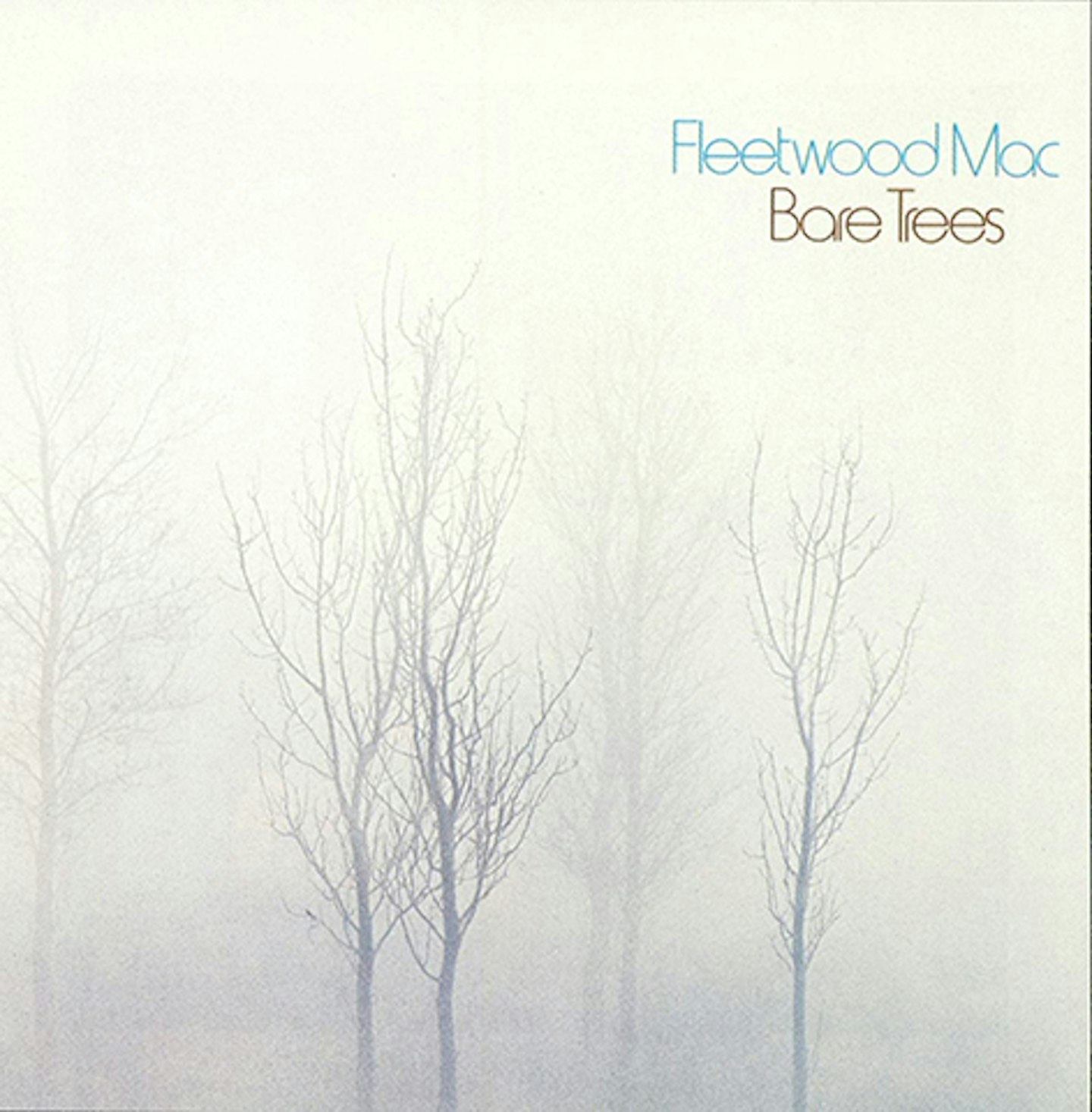
John McVie’s arty cover shot, a poetry reading from local old lady Mrs Scarrott (Thoughts On A Grey Day), and a Danny Kirwan song that set Rupert Brooke’s Dust to music – despite some no-nonsense choogling on Child Of Mine, Bare Trees has highbrow ambitions. Bob Welch’s Sentimental Lady packs a beautifully insistent melody and raunchy Christine McVie original Homeward Bound airs the suitcase blues that led to her eventual 1998 departure, but Kirwan, fired on the subsequent tour, was next out. His pretty, perfectly formed instrumental Sunny Side Of Heaven is another reason why this record deserves your ear.
7.
Fleetwood Mac
Tango In The Night
WARNER BROS 1987
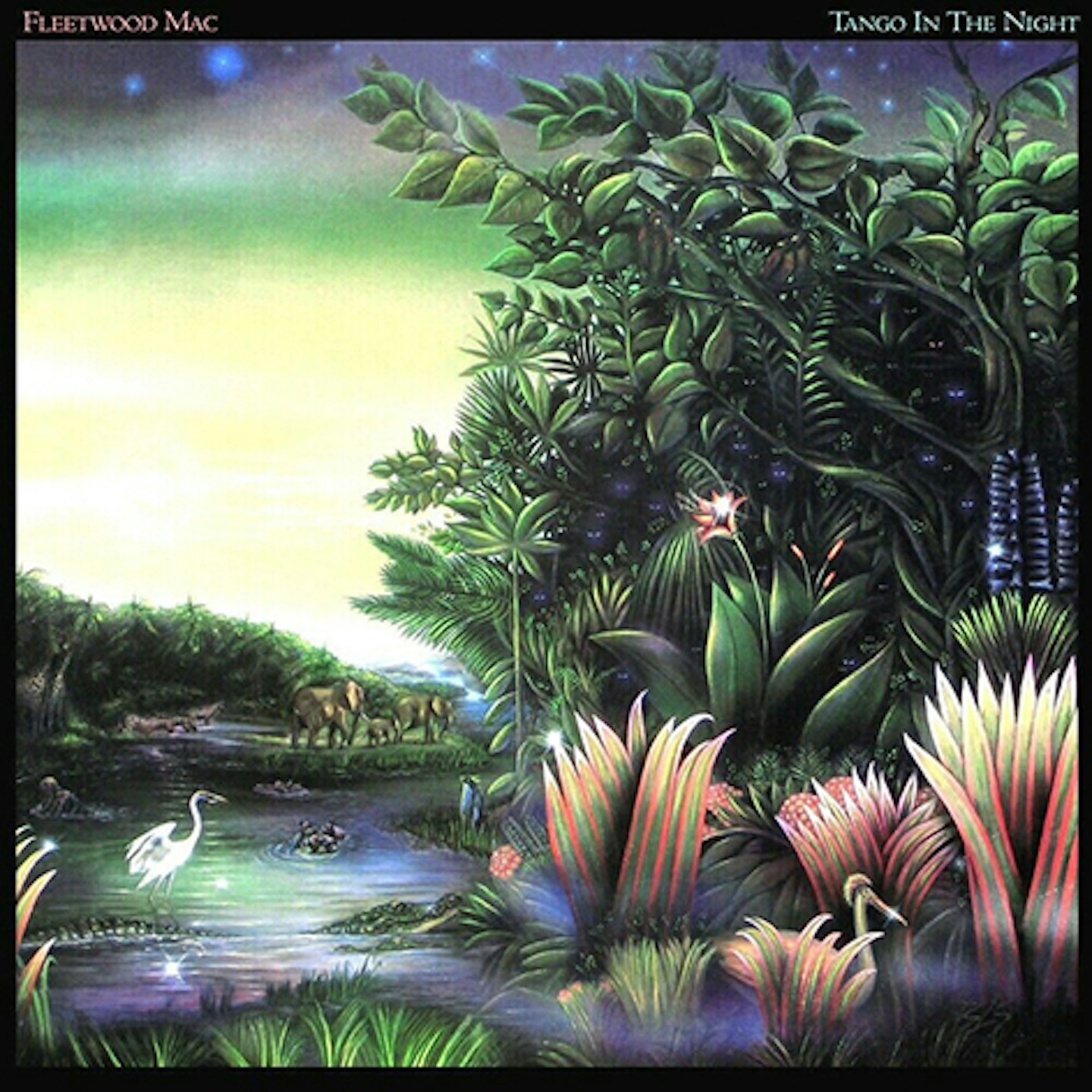
That Brett Livingstone-Strong’s cover painting homage to Henri Rousseau hung in Buckingham’s house speaks volumes. Tango’s DNA includes a jettisoned Lindsey solo record and his cathartic colossus Big Love, while he and Richard Dashut’s sequencer-rich, always musical production makes for a winningly poppy Mac on Christine McVie’s Everywhere. A slightly quieter outing for the Klonopin-fugged Nicks, perhaps, but once again the Mac gleaned gold from trouble at mill. Alas, strong chart placings (UK Number 1; US Number 7) didn’t prevent Buckingham quitting, and he wouldn’t make another record with the band until 2003’s Say You Will.
6.
Fleetwood Mac
Future Games
REPRISE 1971
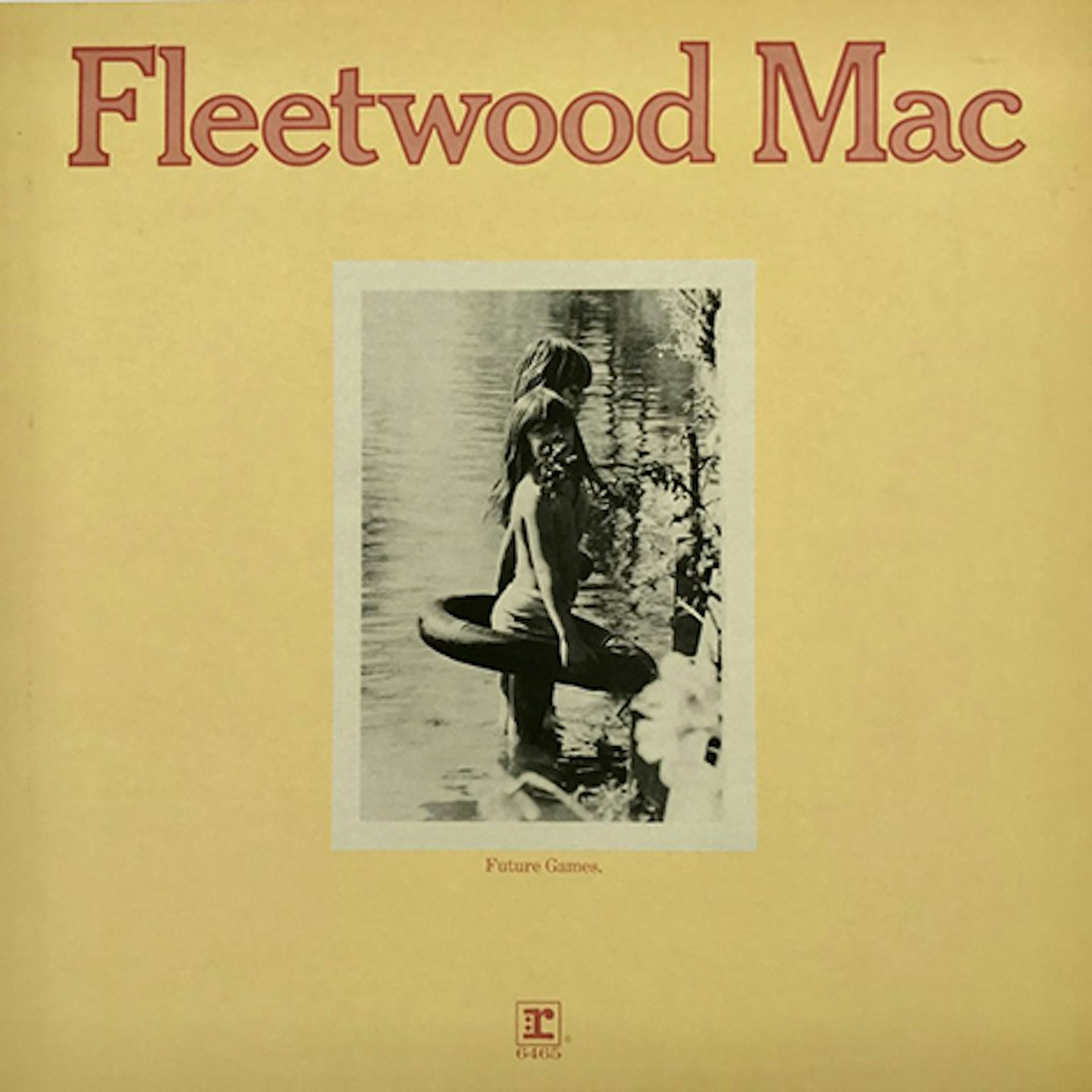
On 1970’s Kiln House, guitarists Danny Kirwan and Jeremy Spencer held the fort in the wake of Peter Green’s exit. Now Spencer was gone too, acid-frazzled and hanging with US religious cult, Children Of God. Christine Perfect, later McVie - also much-featured on Kiln - gained the full membership she was due, and guitarist Bob Welch arrived. The net result was a gently meandering record that’s perhaps the overlooked gem in the Mac stack. Kirwan’s trippy Woman Of 1000 Years; the Allman’s style guitars on Morning Rain; Welch’s fine, spooked-sounding title track and the graceful, Perfect-penned Show Me A Smile – what’s not to love?
5.
Fleetwood Mac
Fleetwood Mac
WARNER BROS 1975
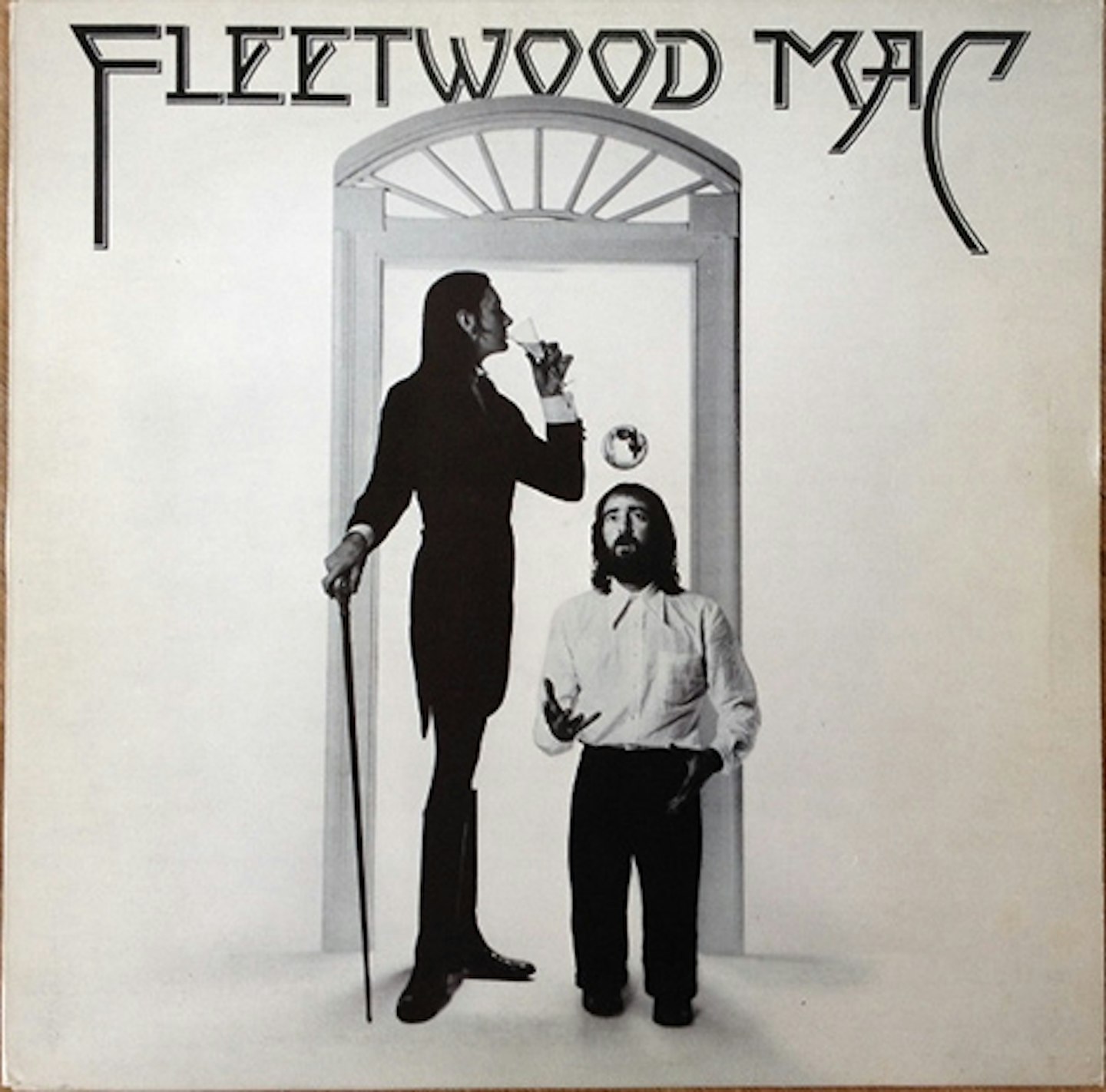
Head-hunted guitarist Lindsey Buckingham tells Mick Fleetwood he and girlfriend/ Buckingham-Nicks foil Stevie come as a pair, and so begins the second truly extraordinary era of Mac-ness. Nicks immediately proves her worth with ballsy Welsh witch tale Rhiannon and ever-resonant folk-ballad Landslide. Two strands of woman power and three lead vocalists make for a potent and singular Anglo-American alliance, Christine McVie holding up her end on the blissed-out Warm Ways and loved-up Over My Head. The rhythm section is still hogging the cover, but Buckingham and Nicks prove indispensable from here on in.
4.
Fleetwood Mac
Fleetwood Mac
BLUE HORIZON 1968
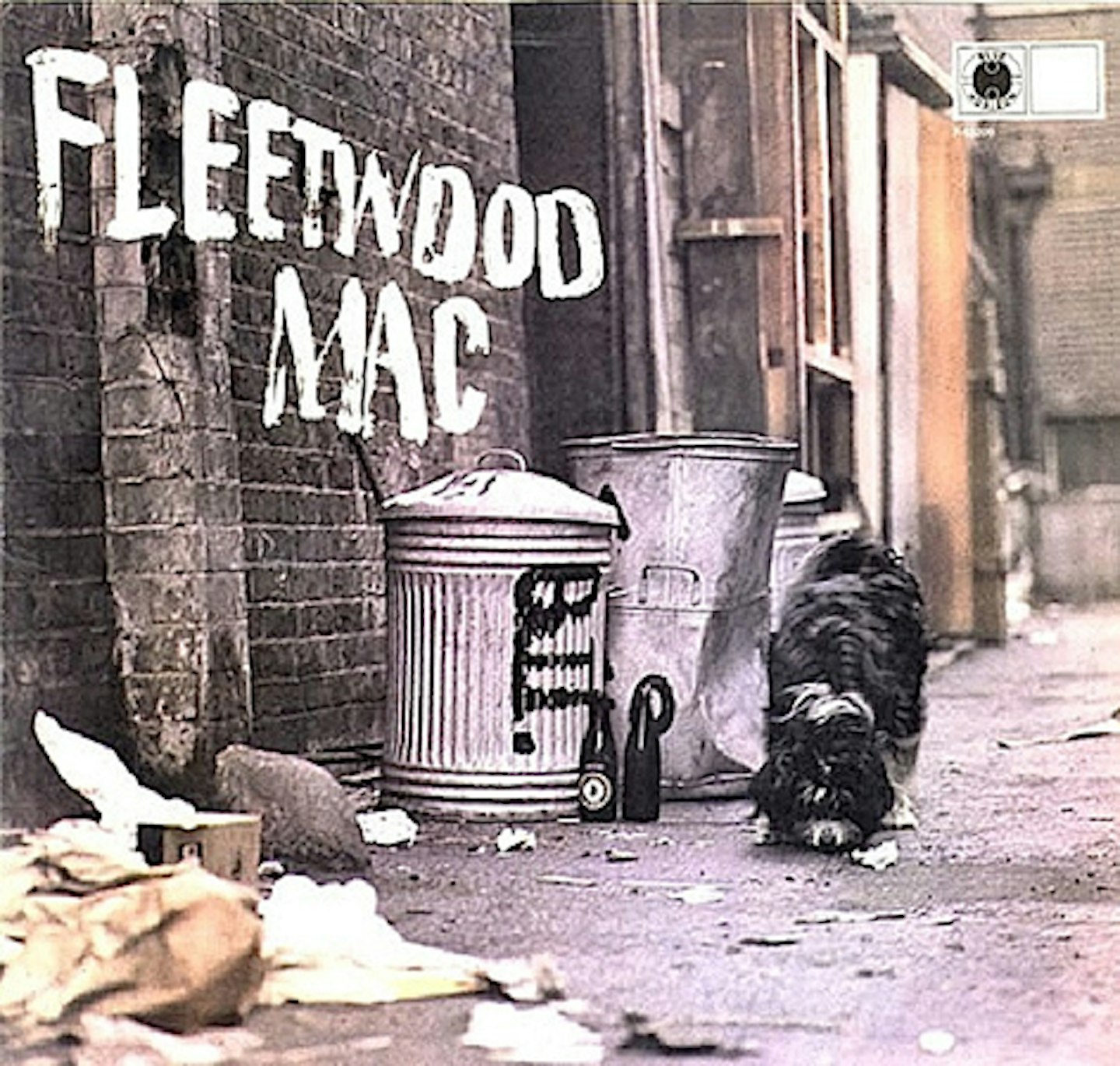
Only when listening to albums such as this does one realise quite how vitalising that most hackneyed of genres, the 12-bar blues, can be. Fresh from supplanting ‘God’ (Eric Clapton) in John Mayall’s Bluesbreakers, Peter Allen Greenbaum formed a crack Brit-blues outfit elevated – at times almost levitated – by his honeyed vocals and a guitar tone that BB King would later describe as “the sweetest I ever heard.” Factor in Jeremy Spencer’s Elmore James-informed slide, and that unshakeable, joined-at-the-hip rhythm section, and you’ve a dazzling debut wrapped in a Battersea-shot cover that fakes south side Chicago.
3.
Fleetwood Mac
Tusk
WARNER BROS 1979
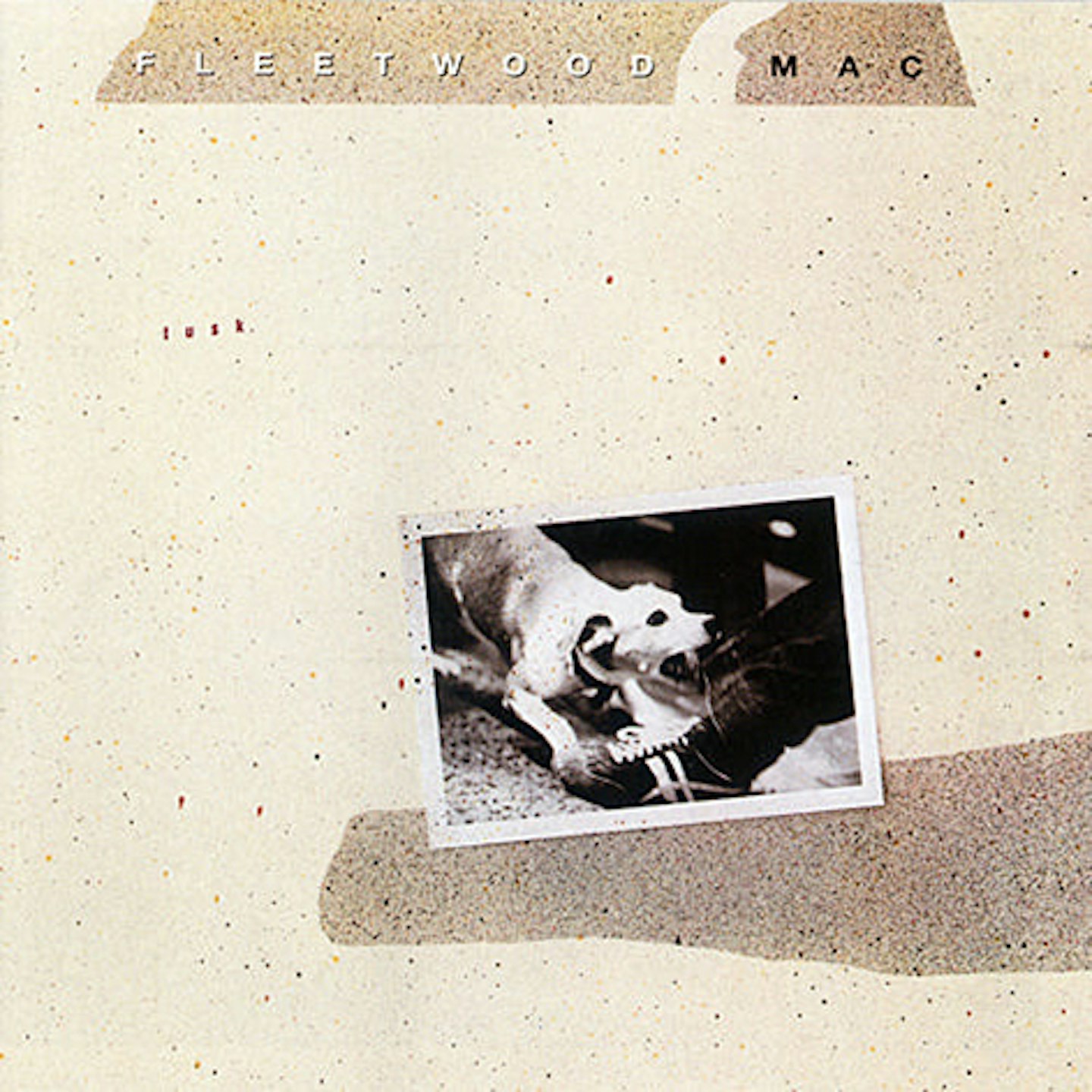
Warners bigwigs dubbed the profligately pricey Tusk ‘Lindsey’s folly’, but its conscious retreat from the commerciality of Rumours makes for an engrossing, if schizophrenic-sounding listen. Buckingham’s English new wave influences rub shoulders with the AOR nous of Nicks (Sara; Angel), and seasoned down-tempo balladry of Christine McVie (Over & Over; Brown Eyes) on an industry-subverting work named for two jumbo tusks book-ending the console at Village Recorder studios. The bizarre title track - recorded live at Dodger Stadium Los Angeles with Nicks cheerleading a 100-strong marching band – still sounds utterly unique. Excessive, wildcard genius from a band attempting to stave-off meltdown.
2.
Fleetwood Mac
Then Play On
REPRISE 1969
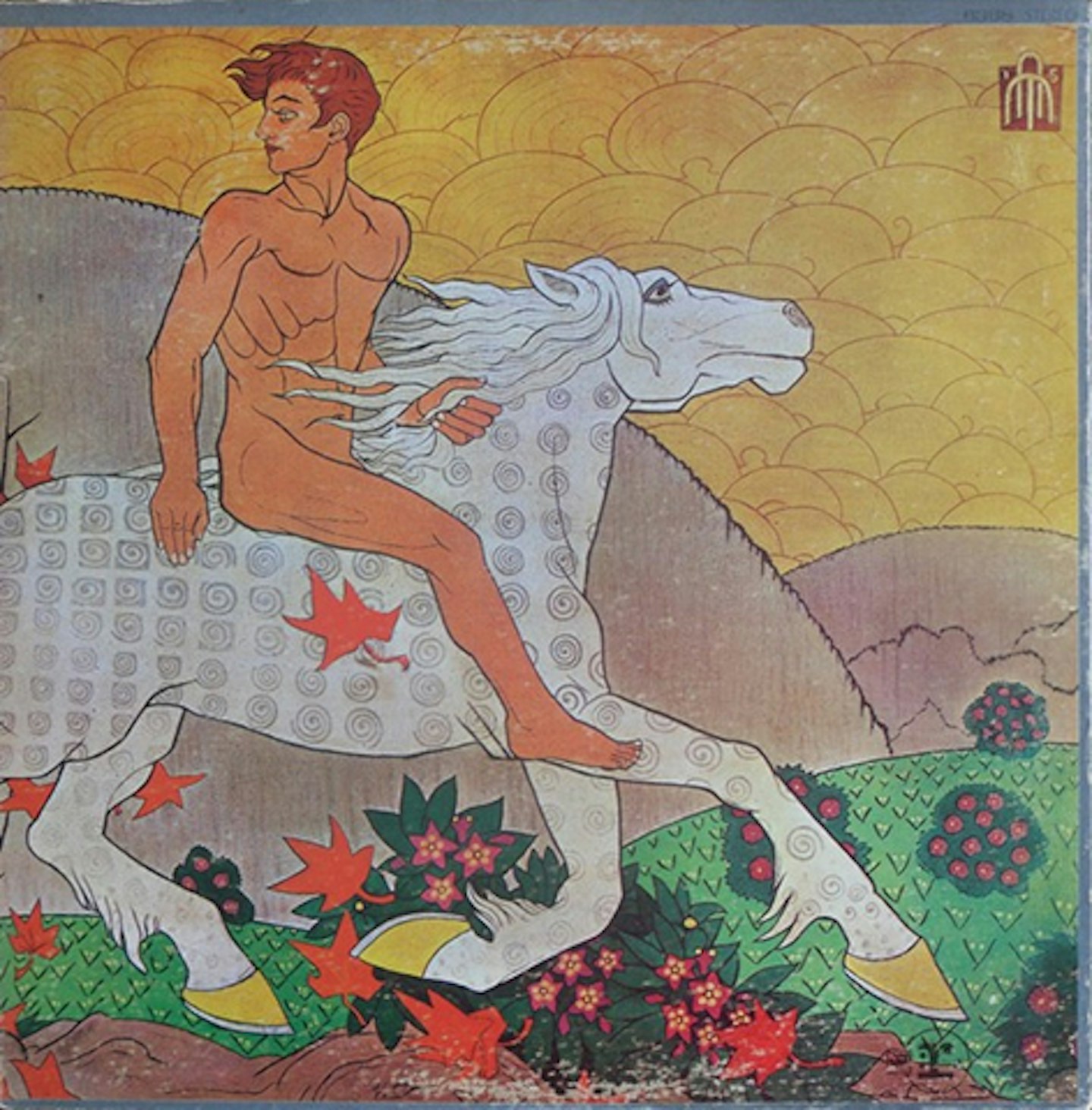
Peter Green’s troubled mind leaps from the grooves of this, his soulful and sensual masterpiece. The self-explanatory Show-Biz Blues; the haunted-sounding Before The Beginning – these and other songs here flag-up his fraught relationship with fame/ search for religious redemption. Though Green’s acid-induced mental illness and near-complete rejection of materialism were imminent, he was patently still a visionary. Each of his band mates lost a £5 bet with him that Oh Well wouldn’t become a hit, the guitarist seeing it reach Number 2 and donating £12,000 to Save The Children before quitting the band in May 1970.
1.
Fleetwood Mac
Rumours
WARNERS BROS 1977
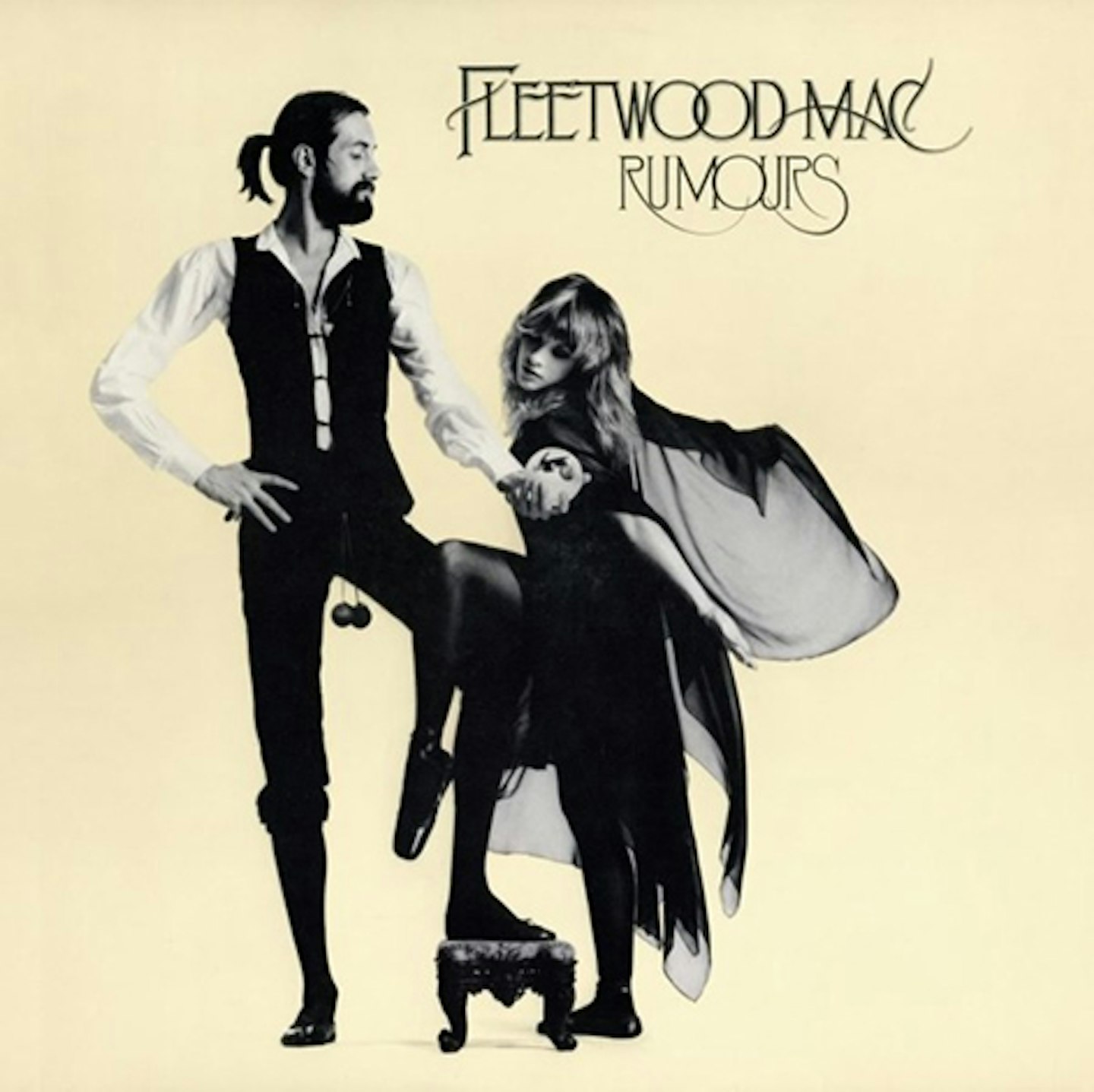
The many-pronged and complicated affairs; the different talents peaking as one – Rumours is rock’s soap opera par excellence, bitter-sweet emotions fuelling choice, indelible AOR hatched in a blizzard of cocaine and recrimination. Buckingham and Nicks slog it out across Go Your On Way and Dreams (who but Fleetwood and John McVie could nail the latter’s hypnotic groove so perfectly?), but Christine’s Don’t Stop, later appropriated by Bill Clinton circa his 1992 presidential campaign, stays optimistic post break-up with hubby, John. Forty million sales and a zillion column-inches later, Rumours is still among Spotify UK’s most-streamed albums.
“Rumours was a lot to experience – and all happened very fast. In a way, it still seems sort of unreal…” In a rare interview, Stevie Nicks speaks exclusively to MOJO about her rollercoaster ride in rock ‘n’ roll, from her first musical excursions, the wild success of Fleetwood Mac, solo stardom, fallen friends, Barbie and more. Read the full interview only in the latest issue of MOJO. More info and to order a copy HERE!
